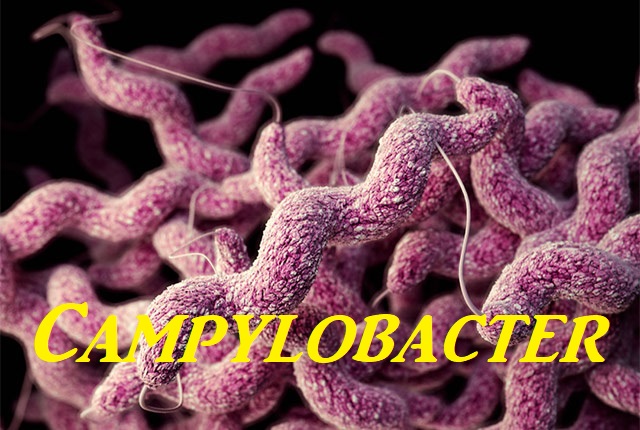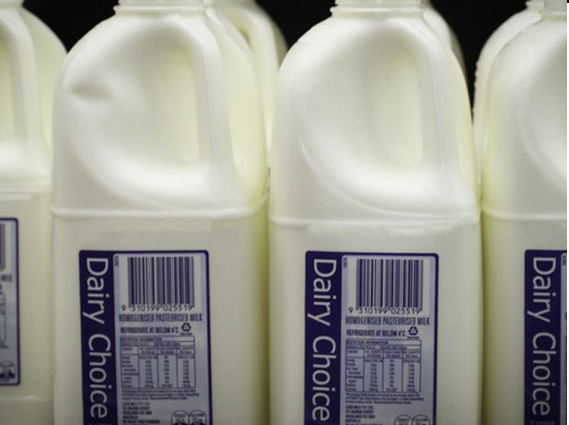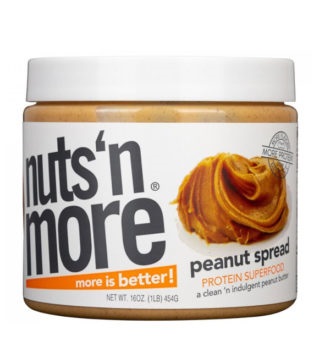Traditional methods for detecting and isolating Campylobacter from broiler chicken carcasses require time, expensive reagents, and artificially generated microaerophilic atmospheres. An aerobic medium that simplifies the procedure and reduces the expense of culturing Campylobacter has been described in the J Food Prot (2020) 83 (3): 405–411. Campylobacter can be grown in containers that are incubated aerobically. Hyperspectral microscopic imaging (HMI) was used to compare differences between Campylobacter cultures grown under microaerobic atmospheres and cultures grown in an aerobic medium. HMI of three Campylobacter strains grown for 48 h microaerophilically was compared to the same strains grown for 24 and 48 h aerobically. Microaerobically cultured bacteria were detected with 98.7% accuracy, whereas the detection accuracy of cultures grown in the novel medium was slightly reduced (−4.8 and −3.2% for 24 and 48 h, respectfully). @ https://meridian.allenpress.com/jfp/article-abstract/83/3/405/425938/Rapid-Identification-of-Campylobacter-Strains?redirectedFrom=PDF




